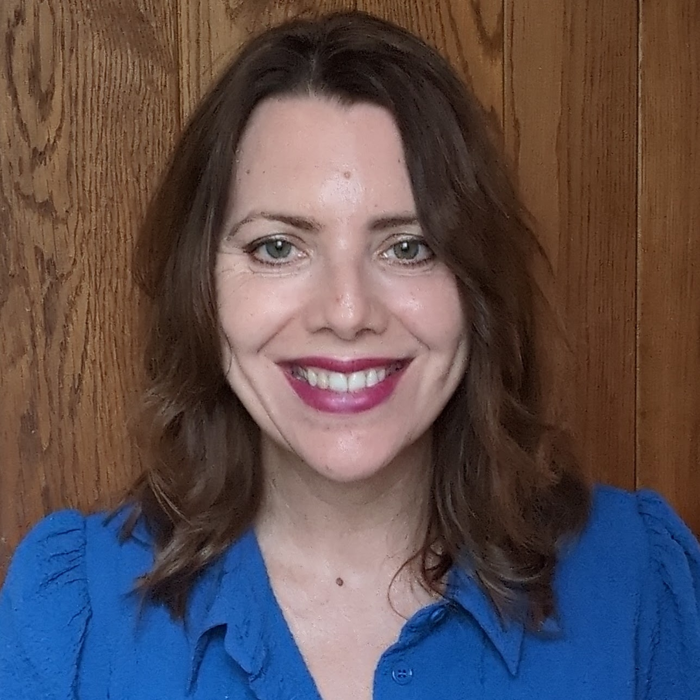The Transient Theory of Human Voice Production with Dr Julian Chen
Sunday 16th April 2023, 5:00 PM - 7:00 PM (London Time)
This event is free-to-attend as part of our World Voice Day celebrations.
In 1957, French physiologist Philippe Fabre invented the electroglottograph, which can accurately determine the closing and opening instants of the glottis in vivo. In 1984, Donald Miller and Harm Schutte further placed two pressure sensors immediately above and below the glottis, measured the air pressures across the glottis.
This experimental evidence enabled a scientific understanding of human voice production.
And so a refined version of the transient theory of human voice production, the timbron theory, initially proposed by Leonhard Euler in 1727, is established. In this lecture, experimental output and the timbron theory of human voice production are presented in an easy to understand graphical format.
Content:
According to that theory, the time between two adjacent glottal closing instants accurately defines the pitch period, and the sound waveform in each pitch period contains full information on the timbre. A method of extracting glottal closing instants from sound waves and a graphical display, the pitch-synchronous spectrogram, are presented.
Among the samples of human voice, the sound recordings of Luciano Pavarotti are analyzed. Some characteristics of the master singer are shown, and hints of how to improve the quality and volume of voice are presented.
Finally, the theory and parametrization method for human voice developed in early 20th century, the source-filter theory and linear prediction coefficients (LPC), are outlined.
Comparing with the more accurate timbron theory and pitch-synchronous parametrization method, the deficiencies of the source-filter theory and the LPC method are discussed.
Dr Julian Chen
Julian Chen received a PhD in Physics from Columbia University in 1985, then joined IBM Research Division as a Research Staff Member...
World Voice Day
World Voice Day takes place on 16th April annually. It is acknowledged across the globe, with the main goal being to increase awareness of voice and voice issues.
Sorry, this is an archived short course...
We have plenty of upcoming short courses coming soon. See details of some of them below or look at the full list of short courses.

Tuesday 13th January 2026
5:00 PM - 6:30 PM
Tuesday 20th January 2026
5:00 PM - 6:30 PM
Tuesday 27th January 2026
5:00 PM - 6:30 PM
Tuesday 3rd February 2026
5:00 PM - 6:30 PM
Tuesday 10th February 2026
5:00 PM - 6:30 PM
(London Time)
Introduction to Postgraduate Academic Skills - Join Live!

Debbie Winter
Are you ready to elevate your academic journey? Hosted by our very own Debbie Winter, join our comprehensive Introduction to Academic Skills course, designed to equip you with essential tools and strategies for success in higher education. Perfect for bridging the gap between undergraduate and postgraduate study, this course offers a pathway to our full MA for students without an existing degree. We offer both live, interactive sessions and standalone, pre-recorded content.

Thursday 15th January 2026
5:00 PM - 7:00 PM
Thursday 22nd January 2026
5:00 PM - 7:00 PM
Thursday 29th January 2026
5:00 PM - 7:00 PM
Thursday 5th February 2026
5:00 PM - 7:00 PM
Thursday 12th February 2026
5:00 PM - 7:00 PM
(London Time)
Trauma-Sensitive Voice Professional Certificate with Dr Elisa Monti

Dr Elisa Monti
Updated for 2026, this five-part certificate course is designed to help participants learn the theory and practice of trauma-sensitive approaches. The concepts and activities included are tailored to meet the needs of voice specialists who want to acquire more specific tools to navigate the space with their students and colleagues.

Monday 9th February 2026
5:00 PM - 7:00 PM
(London Time)
Certificate in Applied Voice Pedagogy with Adam Roberts

Adam Roberts
Spring Immersive - live and interactive learning! This 12-week online programme is designed for voice professionals committed to deepening applied voice pedagogy skills and advancing professional practice. The course offers a rich environment to reflect on your teaching philosophy and develop applied pedagogical techniques. It is ideal for voice teachers, coaches, therapists, and performers seeking to bridge foundational knowledge with practical, student-centered applications.


